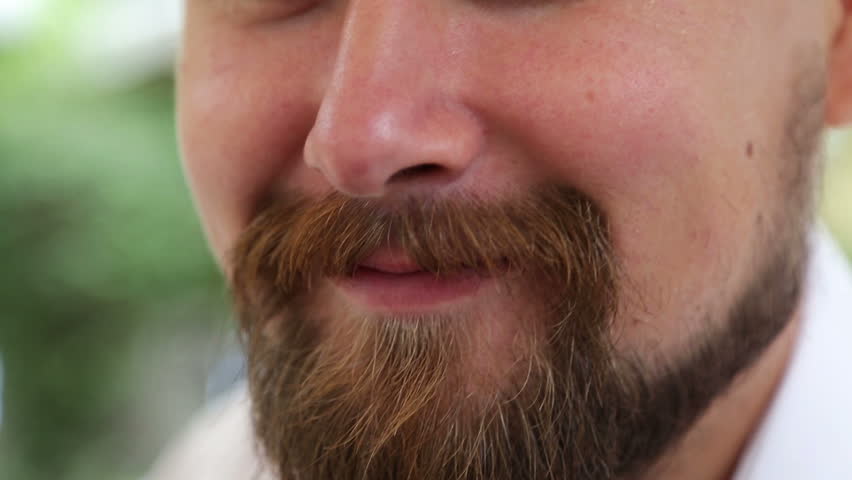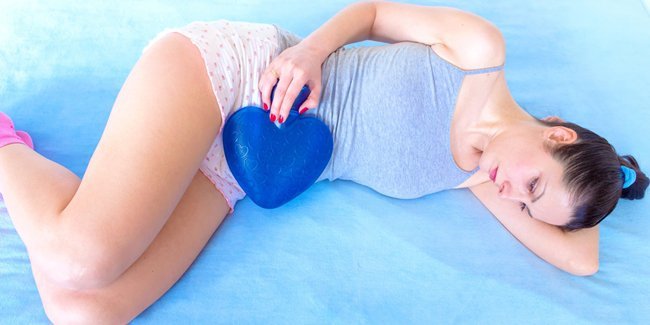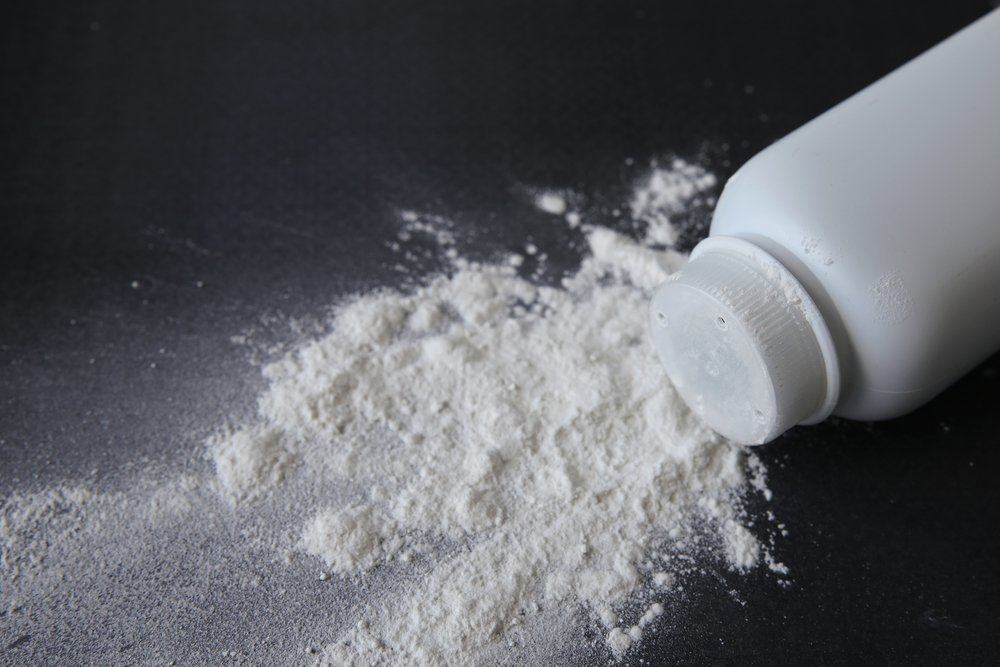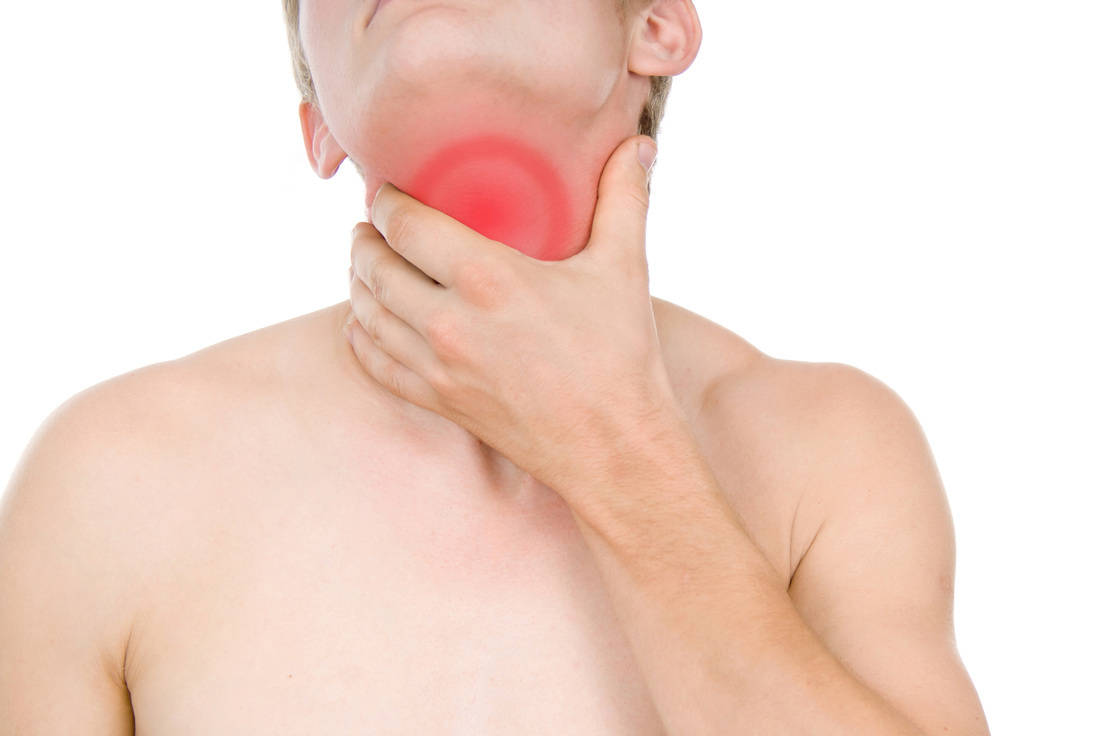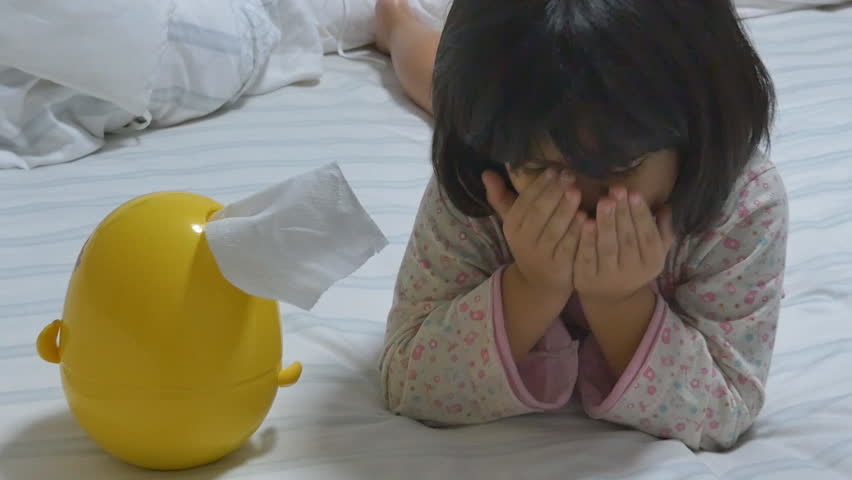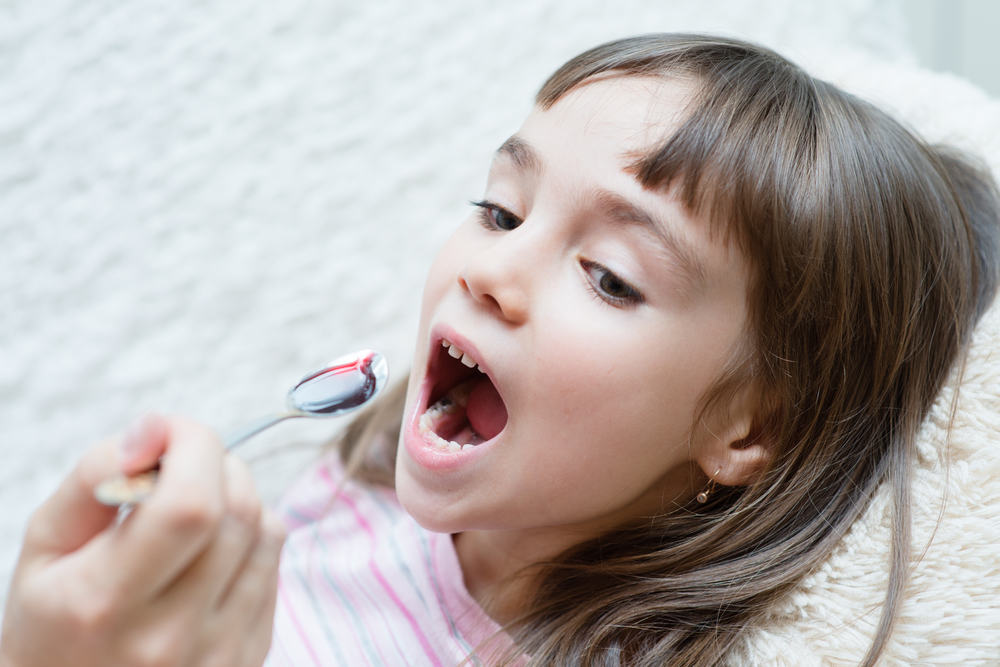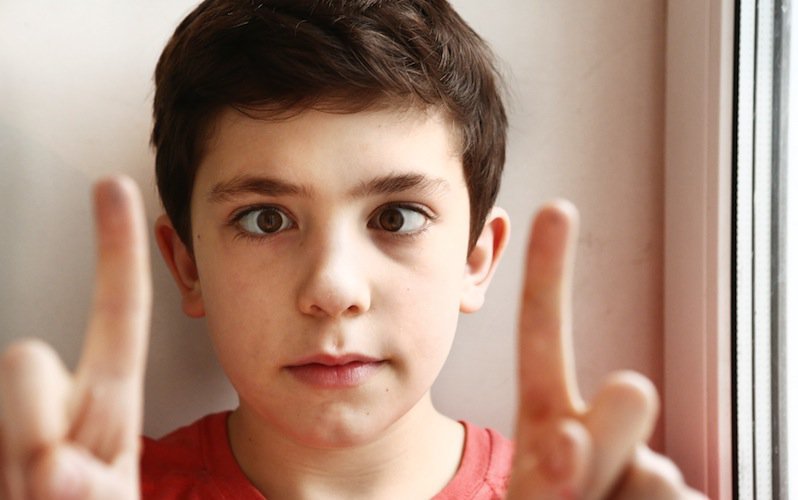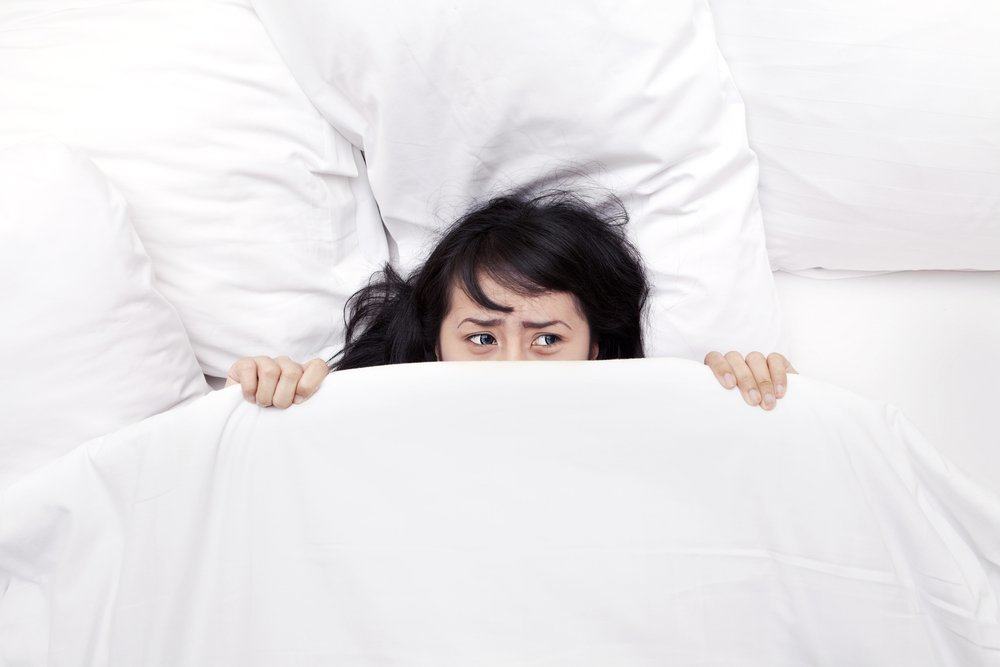Contents:
- Medical Video: Scientists Explain Why Some Guys Can't Grow a Beard
- What causes the mustache and beard to grow?
- Descent
- Testosterone
- Mustache and beard can grow in women, how can it be?
Medical Video: Scientists Explain Why Some Guys Can't Grow a Beard
Mustaches and beards have recently become a trend among men. Men who have mustaches and beards may be considered more manly and macho. So, many men intentionally treat and even deliberately grow hair on their faces with the help of drugs. However, actually how can a mustache and a beard grow?
What causes the mustache and beard to grow?
Many factors affect the growth of mustaches and beards in men. These factors make some of you have a mustache or beard or both and some of you may not have both. Hair on the face also grows at different stages of life between individuals, some grow faster and some are slower. In addition, there are those that grow in large quantities and there are also small amounts. This growth of mustache and beard or facial hair is determined by genetics (heredity) and hormones.
READ ALSO: 7 Easy Ways to Take Care of a Beard
Descent
Facial hair growth is influenced by hereditary genes. So, if your father has a mustache and a beard, chances are that you will also have a mustache and a beard. Although men generally have the same level of testosterone, but differences in facial hair growth in men can occur. This is caused by offspring. How does your body respond to the testosterone and then can it grow a mustache and beard?
Every gene in your body can give rise to different reactions to the androgen hormone (testosterone) that regulates hair growth. A body that is very sensitive to testosterone means that a mustache and beard can grow more. Hair on the face will begin to grow at puberty. The fine hair on your face slowly turns coarser and thicker when you enter puberty.
Genetics or heredity can also affect when your facial hair will show aging. Usually your mustache will turn gray or whitish earlier before the color changes in your head's hair. The color of a mustache and a beard sometimes does have different colors than other hairs even if you are not experiencing aging. This is normal because the hair follicles contain various levels of pigmentation. In addition, stress can cause hair color to gray, lack of vitamins can cause dull hair, and sunlight can weaken and thin out facial hair.
READ ALSO: 10 Mistakes Men Often Do When Shaving a Beard
Testosterone
Apart from offspring, facial hair growth in men is also influenced by the hormone testosterone. At puberty, the production of testosterone in men increases, so that fine hair in men changes to be more coarse, thick, and dark, known as terminal hair. This terminal hair increases throughout the body, but most grow faster on the lower part of the arm (armpit), face (mustache and beard), and near the sexual organs.
On the face, usually terminal hair grows from the upper lip then spreads to the cheeks and chin. How much of this hair grows is of course re-arranged by the offspring. So, if there is a man who does not have a mustache and a beard at all that causes it is a hereditary not a hormonal problem. You don't need to worry about this.
Mustache and beard can grow in women, how can it be?
Testosterone hormone is owned by men and women. However, in men this hormone is present in higher levels, whereas in women there is a very low level. Therefore, women do not have mustaches and beards like men. Facial hair is normal in men, but have you ever seen a woman have a mustache or a beard like a man?
Yes, it turns out that there are a small number of women who also have mustaches or beards. This is a strange thing among many women, but it can happen. A woman who has excessive facial hair may experience hirsutism. Hirsutism can be caused by women experiencing excess male hormones called androgen hormones (key hormones that will become the hormone testosterone) that affect the growth of whiskers and beards in men. Or, it could also be due to ethnicity or family (offspring).
In women who experience hirsutism, they can have darker, thicker hair on the upper lip (mustache) and chin (beard), it can even appear on the chest and in other parts as in men.
READ ALSO: Are Drugs Effective?

